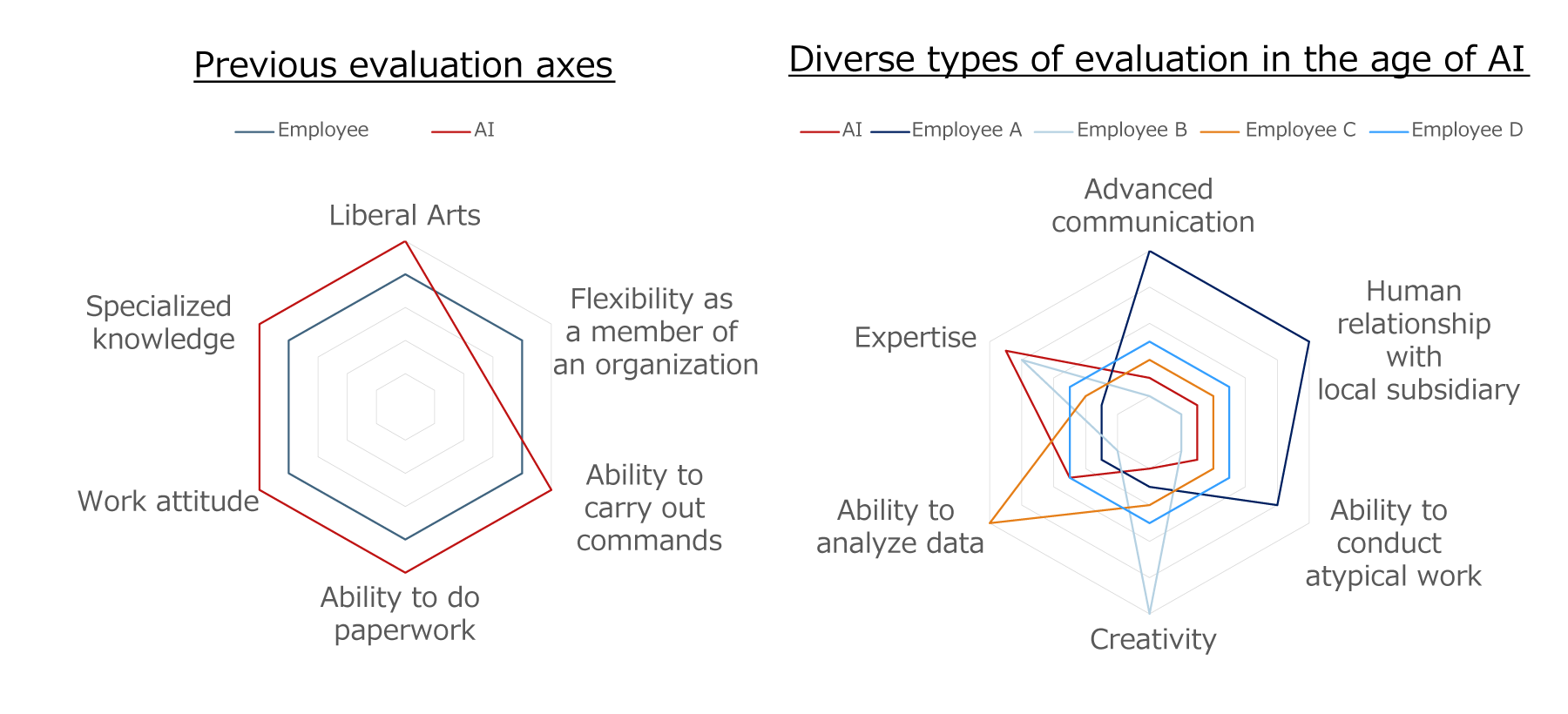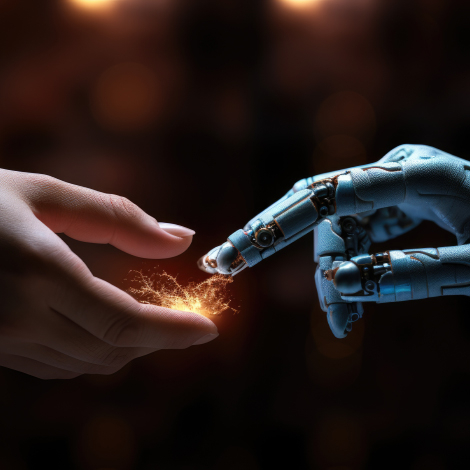The individuality and human resource diversity required in the age of AI
#AI
May 15, 2017
NRI is researching how to utilize AI to solve the labor shortage problem of Japan. In this age of AI, what we require is individuality and human resource diversity.
What it means when 49% of the jobs that the Japanese labor force works in are predicted to be replaceable by AI
With its low birth rate and aging population, Japan will face a labor shortage in the near future. NRI conducts research into the utilization of AI (artificial intelligence) and robotics as part of its efforts for finding a solution to this problem. In 2016, NRI announced the result of analyzing 601 jobs in Japan, which showed that 49% of the jobs that the Japanese labor force works in will be technically replaceable by AI and robots in the next 10 or 20 years. (The result of survey ※Japanese)
Just looking at this result, one might think that the majority of jobs will disappear and we will become unemployed. However, Etona Ueda of NRI, who was involved in the research, denies that all the jobs in an occupation can be replaced with AI. He explains as follows.
"AI is not omnipotent. Atypical jobs that require creativity and communication cannot be replaced with AI. Even if a workplace is suddenly digitized, this does not mean that all of its jobs will be taken over by AI and robots."
A job involves various tasks. For example, one job said to be replaceable is a bank clerk. Tasks such as checking documents and accurately processing forms, etc., will probably be replaced by AI. However, tasks such as responding to customer inquiries and proposing asset management for a customer cannot be performed by AI.
"Jobs with high added-value like this will definitely require people," says Ueda.
The individuality required in the age of AI
The distribution of roles between humans and AI and providing a suitable work environment to accommodate this distribution will be important in the future. The vocational skills that we require will surely also change. Ueda thinks the following about employees in the age of AI.
"Up until now, many Japanese companies have employed and cultivated generalist human resources. However, many of the jobs performed by generalists will be replaced by AI in the future. The employees we will need in the future are those who can create new things (those with creativity), those who can convince and lead people (those with communication abilities), and those who can handle tasks that are not in a manual (those that can perform atypical tasks)."
Ueda believes that we will need diverse human resources that have enough individuality to excel in at least one of these fields.
Previous evaluation axes and evaluation axes in the age of AI

The human resource diversity required in the age of AI
Ueda stresses that we will also need to change the methods for human resource management and evaluation. "Up until now, most human resource evaluations were based on a demerit system that lowers the score when a mistake is made. However, in the age of AI, I believe that we will adopt a merit system that praises employees who excel in a particular field."
In other words, it will be necessary for people to exhibit their unique abilities.
"The concept of diversity is actually extremely important for utilizing AI. In Japan diversity often focuses on women in the workplace, but diversity in the future will involve recognizing the diverse values and abilities held by people, and how those abilities can be utilized. This diversity is essential for utilizing AI," continues Ueda.
Recognizing diverse values
Another method for solving Japan’s labor shortage problem is employing human resources from foreign countries. However, to enable capable foreigners to work in Japan, we also need management and systems that accept diverse values and abilities. In other words, human resource diversity is important both for utilizing AI and for utilizing foreign workers. "I originally focused on the themes of ICT and data analysis. While conducting research into AI as an extension of this, I found myself focusing on labor, human resources, and diversity," says Ueda.
The first step towards utilizing AI is recognizing diverse values and abilities, rather than evaluating people by the same standards, and this may be the key to solving the labor shortage problem in Japan.







